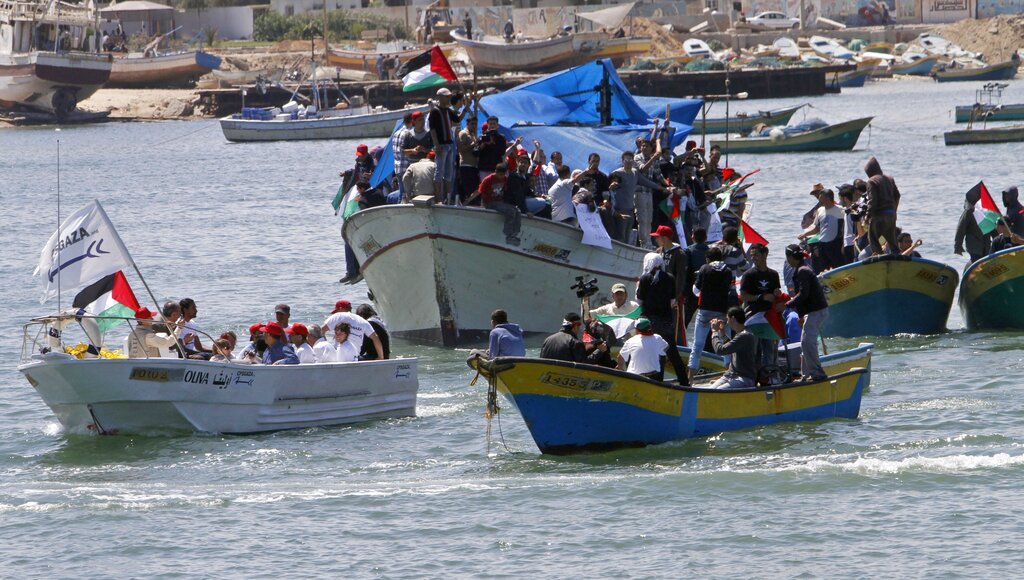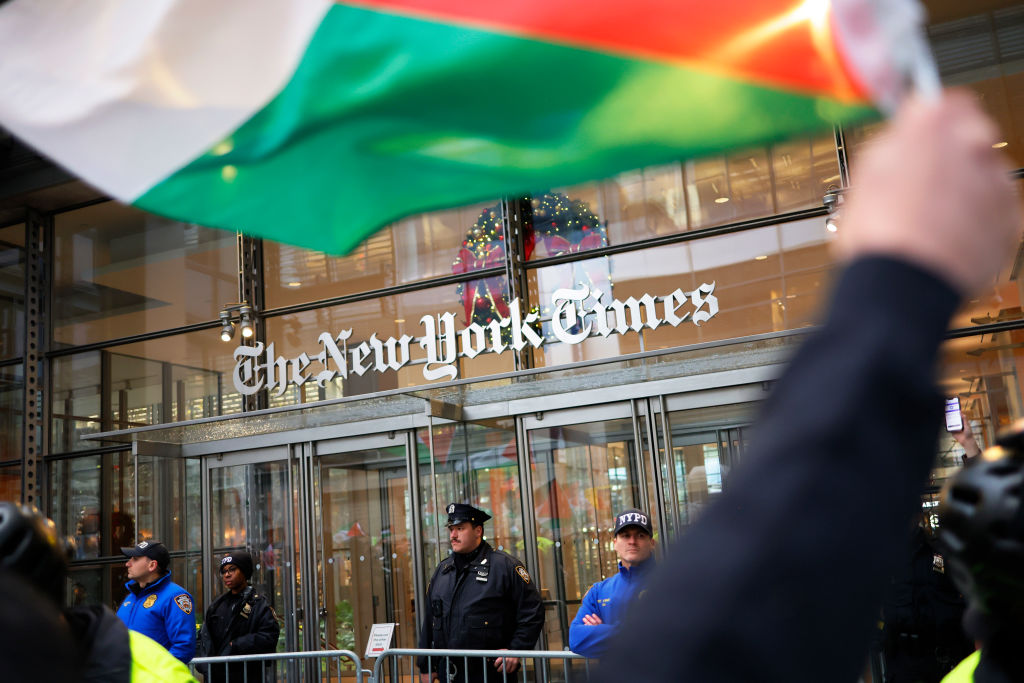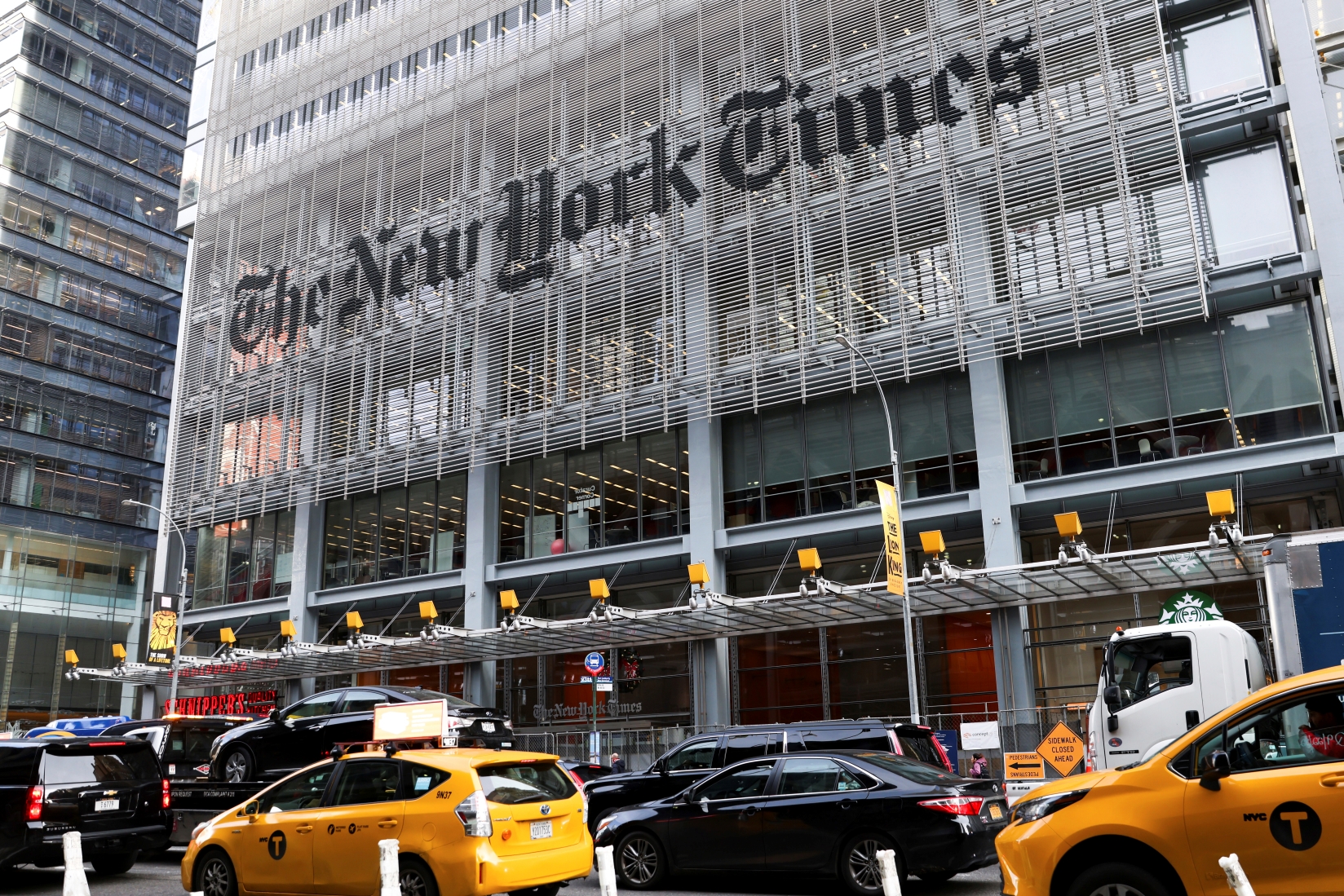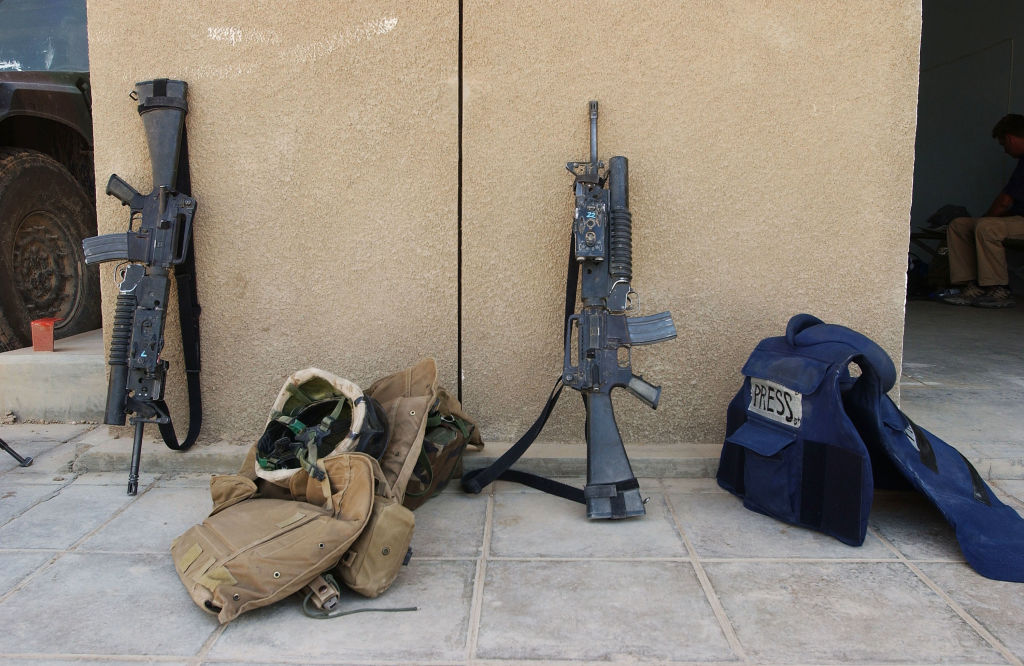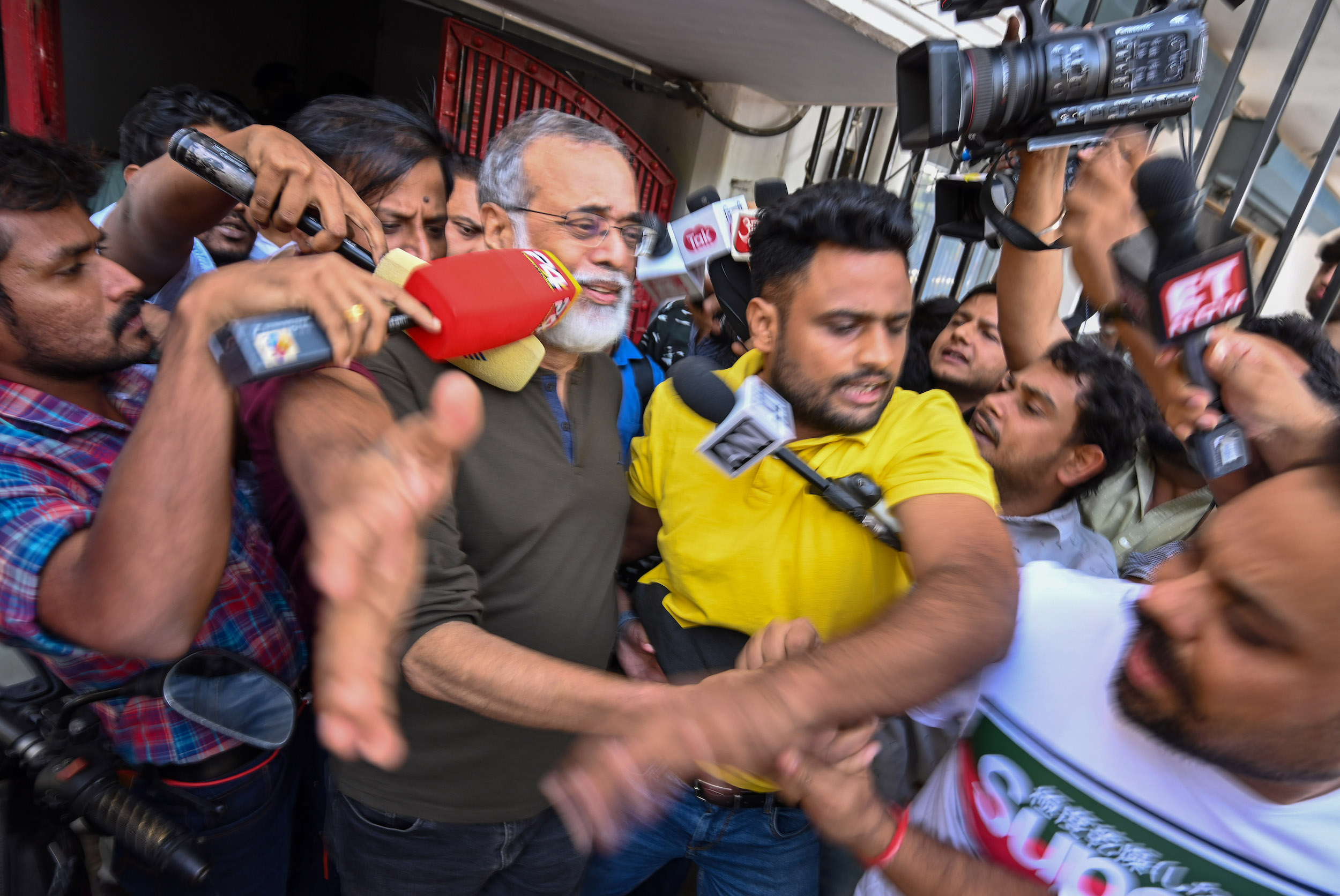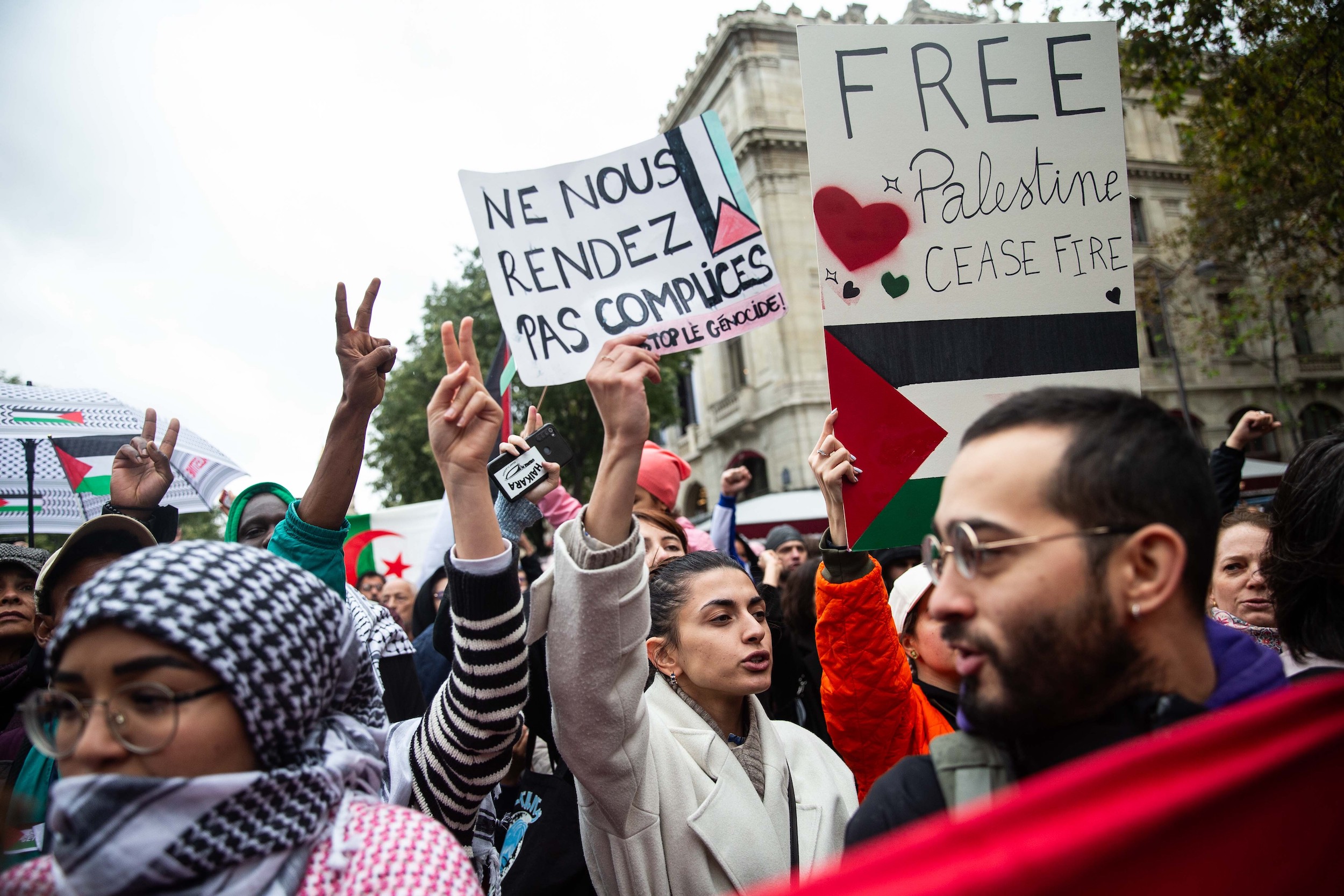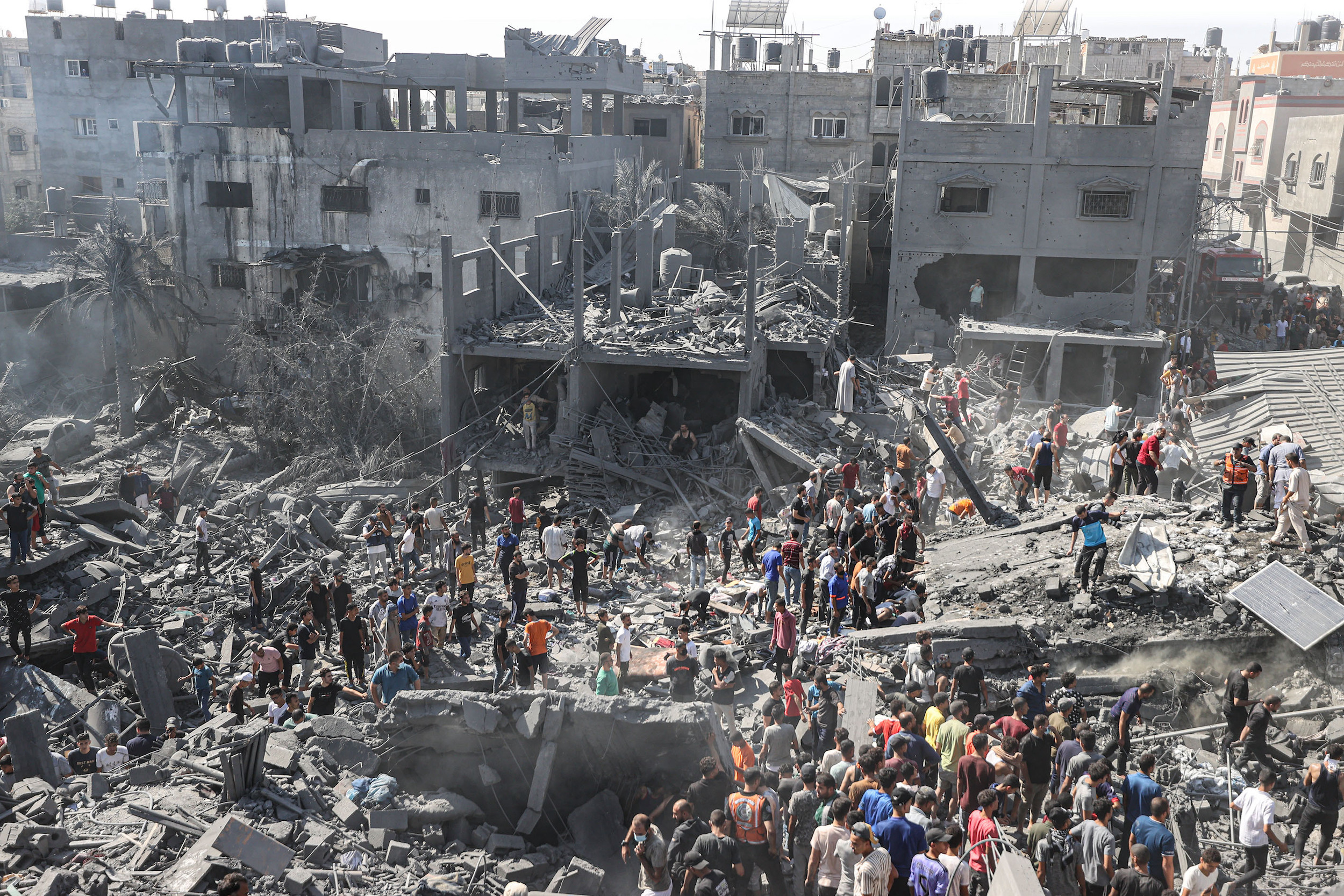Journalists are being targeted and killed in greater numbers than ever before. What will it take to get our leaders to act?
The news that missing Cameroonian journalist Martinez Zogo has been found murdered has come as yet another blow to journalists the world over.
Last year was a particularly bad year for journalists - 66 killed in the course of doing their jobs according to the International Press Institute. Thirty-nine of these journalists are known to have been specifically targeted by their killers because of their work, while many others died while covering armed conflict and civil unrest. The circumstances of death are unconfirmed for 16, but it can be a safe bet that most died as a result of their work.
It seems that 2023 has got off to a similarly bad start.
The case of Zogo, 51, is particularly harrowing. A director of the private radio station, Amplitude FM, he was abducted on January 17 as he was about to enter a police station. Days later, his mutilated body was discovered in the early hours of the morning with clear signs of torture.
Zogo had been working on an investigation into embezzlement involving a media organisation with government connections and had spoken about the story on air on his popular radio show, Embouteillage. He was well known for not shying away from stories about corruption - frequently mentioning the people he was investigating by name.
The number of journalists murdered each year is just the tip of the iceberg. For every journalist killed in the line of duty, plenty more suffer serious injury, attack, arrest or imprisonment.
The first such attack this year occurred in Mexico, the most dangerous place on earth for media workers, and where 14 journalists were killed last year. On January 1, Omar Castro, director of news site La Nota Prensa de Sonora was shot at in his car alongside his daughter and nephew by armed assailants. The gunman reportedly shouted “I’m going to kill you!” as he fired shots into the car. Thankfully Castro and his family members were unharmed.
Just one week later, violent attacks against journalists in Brasilia were reported. Demonstrators stormed the Three Powers public buildings in order to carry out the attack.
Around the same time in Kazakhstan, the well-known former TV anchor Dinara Yegeubayeva was targeted when her car was set on fire. Five youths have been arrested for arson but claim they were paid to do it by a third party. Yegeubayeva has suffered multiple acts of aggression. Last November her tires were slashed and, in September, police arrived at her home saying they had been alerted to a bomb threat against her. In recent months, Yegeubayeva has been carrying out interviews with victims of police brutality against peaceful protesters across the country.
These are no isolated incidents and, sadly, are unlikely to be the last.
As more and more countries rush to introduce new laws against journalism in the guise of “digital security” Acts - thereby effectively criminalising journalists and giving tacit consent to their persecution by others - more and more will suffer a similar fate.
Authoritarian approaches to regulating the reporting of news are not new, but they are on the rise - and not just in countries accustomed to authoritarian regimes. US President Joe Biden has established his own “Disinformation Governance Board” which seeks to correct misinformation about the war in Ukraine. But, of course, it focuses on news coming from Russia rather than misinformation generated by Western media - of which there has been a great deal. As we have reported in this magazine, Biden’s “super fact checker”, left unchecked, could easily find itself on the road to criminalising journalism altogether.
Governments which do proclaim to care about the preservation of journalism and the safeguarding of media workers also frequently turn their backs on such promises when it suits them. Just as the US has done in quietly dropping its pursuit of the killers of Jamal Khashoggi in the name of easing relations (arms deals) with Saudi Arabia.
It will take a great deal more than governments making platitudes about the safety of journalists to bring this epidemic of dead and dying media workers to an end. It will take a realisation that this attack on journalism is nothing short of an attack on democracy itself. Our leaders need to wake up. Or at least start to care.
Nina Montagu-Smith is editor of Al Jazeera Journalism Review























![A demonstration against Israel's war on Gaza on Paulista Avenue in São Paulo on November 4, 2023, draws attention to the deaths of children while the media focuses on the war against terrorists. [Photo: Lina Bakr]](/sites/default/files/ajr/2024/Picture1.png)

